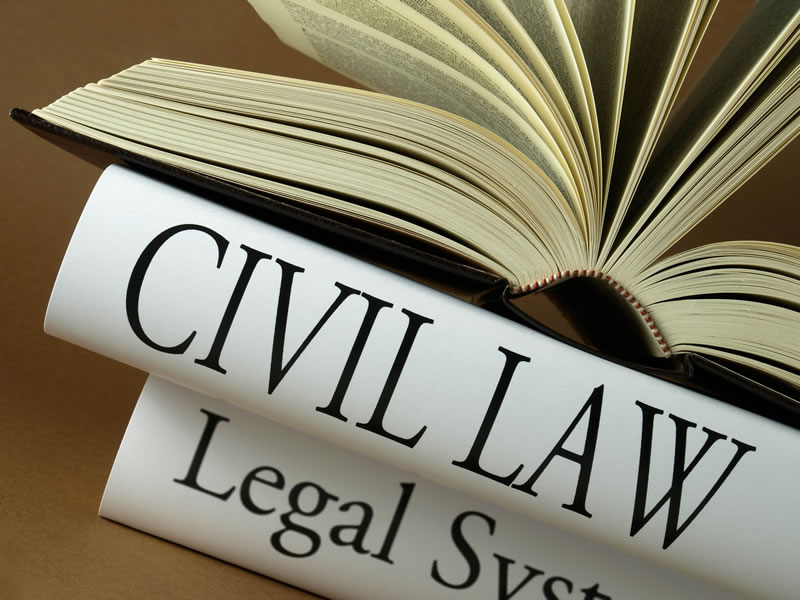
What do you mean by injunction?
In the context of the Code of Civil Procedure 1908, an injunction is a legal remedy provided by the courts to prevent or restrain a person or entity from performing a particular act or to require them to perform a specific act. The provisions related to injunctions are outlined in Order XXXIX of the Code of Civil Procedure (CPC).
Under the CPC, there are two types of injunctions: temporary injunctions and perpetual injunctions.
- Temporary Injunctions:
A temporary injunction is a provisional remedy granted by the court during the pendency of a suit to preserve the status quo or prevent immediate harm or injury until the final decision is made. The conditions for granting a temporary injunction are as follows:
a) Existence of a prima facie case: The plaintiff needs to establish a strong case on merits, showing that they have a reasonable chance of success in the underlying lawsuit.
b) Balance of convenience: The court considers whether granting the injunction would cause more harm to the plaintiff than the defendant, or vice versa. The balance of convenience should favor the party seeking the injunction.
c) Irreparable injury: The court evaluates whether the harm or injury caused by not granting the injunction cannot be adequately compensated by monetary compensation later.
d) No alternative remedy: The court assesses if there are no other equally effective remedies available to the plaintiff.
- Perpetual Injunctions:
A perpetual injunction is a permanent remedy granted by the court after a final hearing or at the conclusion of the trial. It is issued to prevent the recurrence of an injury or to provide a continuous restraint against a particular act. Perpetual injunctions can be granted when:
a) The plaintiff proves a clear and unequivocal right.
b) The defendant has violated or is likely to violate that right.
c) There is no standard or adequate relief available to the plaintiff, except the grant of a perpetual injunction.
It’s important to note that the court has discretionary power in granting or refusing injunctions. The decision to grant an injunction depends on the facts and circumstances of each case and the court’s assessment of the legal requirements mentioned above.
Injunctions can be a powerful tool in civil litigation as they have the potential to prevent further harm, maintain the status quo, and protect the rights and interests of the parties involved in a lawsuit.
Simple Explaination
Now I’ll explain what an injunction means in simpler terms,
Imagine you and your friend are playing a game, but your friend keeps doing something that you don’t like or that is unfair. You want them to stop doing it, so you go to an adult, like a teacher or a parent, to help you. In the Code of Civil Procedure 1908, there are rules that explain how adults, who are judges, can help people in similar situations.
An injunction is like a special rule that the judge can make to tell someone to stop doing something or to make them do something specific. It’s a bit like a command or an order from the judge. The judge can give this order when they believe that someone’s rights are being violated or when they need to protect someone from getting hurt.
There are two types of injunctions: temporary and perpetual.
A temporary injunction is like a temporary solution. It is given by the judge when there is a problem that needs to be fixed right away, but they haven’t made a final decision on the case yet. It’s like pressing a pause button until everything is sorted out. The temporary injunction helps to keep things the way they are until a final decision is made.
A perpetual injunction, on the other hand, is like a permanent solution. It is given by the judge after they have carefully looked at the case and made a final decision. The judge might say that someone should never do a certain thing again, or they might say that someone must always do a particular thing. It’s like a rule that lasts forever.
The judge will decide to give an injunction based on certain conditions. They will see if there is a good reason for it, if it will cause more harm to one person than the other, and if there is no other way to solve the problem. The judge has the power to make the decision, and they will consider what is fair and right in the situation.
So, an injunction is like a special rule that a judge can make to tell someone to stop doing something or to make them do something specific. It helps to solve problems and protect people’s rights.
Advocate: J.S. Rohilla
Call: 88271 22304
